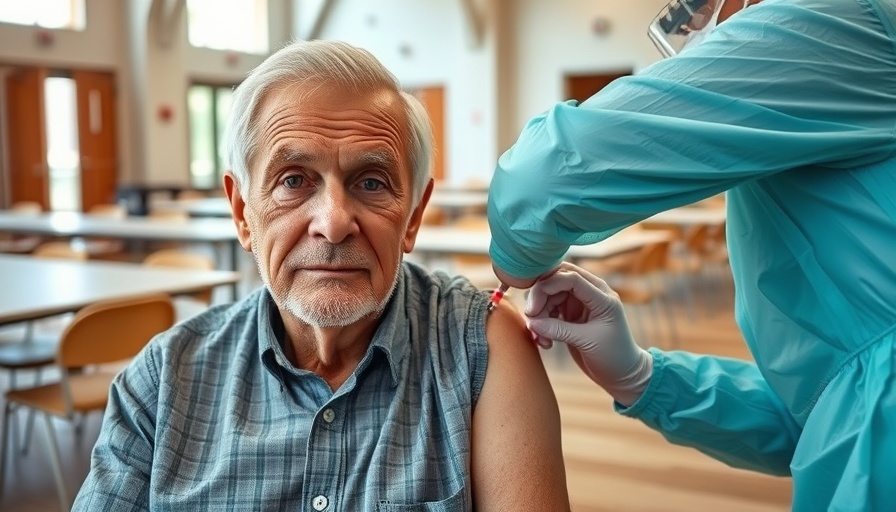
The Cuban Medical Brigade: Lifeline or Controversy?
Cuba's robust medical brigades—comprising over 22,000 doctors deployed across more than 50 countries—present a complex narrative amid ongoing geopolitical tensions. These missions, primarily focused on underserved nations in the Caribbean and Latin America, are lauded for providing essential healthcare where it's needed most. However, they are also scrutinized within political enclaves, especially regarding allegations of labor rights violations.
The Triggering Letter from the Inter-American Commission on Human Rights
A letter from the Inter-American Commission on Human Rights has sparked significant debate across the Caribbean and Americas. The letter requests information from members of the Organization of American States (OAS) about their agreements with Cuba concerning these medical missions, including the nature of labor rights extended to Cuban workers. The commission aims to analyze these factors amidst reports of rights violations, leading to concerns about how these statements might influence regional health support.
The Response from Regional Leaders: A Split Opinion
Political reactions to the commission's request highlight a divided sentiment among leaders. Ralph Gonsalves, Prime Minister of St. Vincent and the Grenadines, points to vital contributions from Cuban medical professionals, notably their role in sustaining the country's only hemodialysis center, which serves 64 patients annually. His view contrasts with voices like that of U.S. Secretary of State Marco Rubio, who has labeled these medical missions as 'forced labor,' echoing a broader narrative critical of Cuba’s government. Are these contrasting views reflective of a larger divide in how nations perceive the value of Cuban aid?
A Closer Look at Cuban Contributions to Health Care
Despite political posturing, the tangible benefits provided by Cuban medical brigades cannot be overlooked. Countries like Haiti and several Caribbean nations rely on Cuban doctors to deliver essential services, often stepping in where local healthcare systems falter. This assistance is described by locals as a lifeline during healthcare crises, underscoring the urgent need for a nuanced dialogue surrounding their presence.
The Geo-Political Ramifications of Medical Diplomacy
The current discourse surrounding Cuban medical missions highlights a broader trend of using medical aid as a tool for diplomacy. By providing healthcare support, Cuba reinforces its influence in regions often overlooked by larger global powers. However, it raises questions about sovereignty and the ethics of aid, challenging nations to evaluate their stances on accepting assistance that may carry political implications.
Future Trends: The Path Forward for Cuban Medical Missions
As the deadline for responses to the commission approaches, the reactions from regional governments will be telling. Will countries band together to support the Cuban medical mission framework, or will they bend to pressure from the U.S. government? How this situation unfolds could significantly impact not only healthcare access in the region but also diplomatic relations as global health initiatives continue to evolve in the wake of geopolitical crises.
While national officials assess the implications of the commission’s letter, the regional populace will feel the effects directly, making it crucial for leaders to prioritize health over politics.
Conclusion: An Urgent Call to Action
The unfolding situation surrounding Cuban medical missions presents an opportunity for Caribbean nations to engage in meaningful dialogue about healthcare, rights, and sovereignty. By standing together, nations can balance the ethical dimensions of aid while continuing to address the pressing health needs of their citizens. Leaders must consider the implications of their decisions on future health collaborations and advocate for so-called
'coercive diplomacy' changes in policy towards these vital medical services. A united response may not only shape healthcare access but redefine international relationships altogether.
 Add Row
Add Row  Add
Add 




 Add Row
Add Row  Add
Add 

Write A Comment